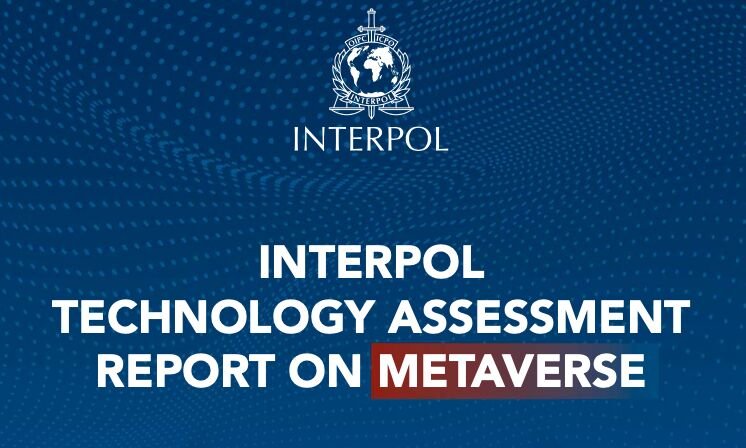INTERPOL has just released a white paper showcasing the various ways it is implementing the metaverse to support its operations.
There is no denying that the metaverse poses new security challenges for both the real and virtual worlds.
For this reason, INTERPOL has put together an advisory board to help maintain the safety of online users and plan for the future – I’m on the ‘Metaverse Forensics and Investigation’ sub group.
Here are some of the use cases INTERPOL has devised so far:
Training, education and simulation: The metaverse is well-suited for creating simulated environments for training purposes. For example, it can be used to create high-stress situations such as terrorist attacks, enabling officers to hone their skills in crisis management, negotiation, and use of force.
Virtual meetings: Imagine how instead of a traditional video call, you could create an entire venue space where INTERPOL members from around the world can meet, engage and network.
Crime scene preservation and analysis: With the metaverse, law enforcement agencies can create virtual replicas of crime scenes, which can be accessed and analyzed long after the physical sites have been altered.
Simulating large-scale emergencies: The metaverse can be used to prepare for emergencies of a grand scale, such as power outages, natural disasters, and terrorist attacks.
The report also sheds light on some of the many crimes enabled by the metaverse, such as virtual stalking, cyber-physical attacks, and virtual asset theft.
You can access the full report here.
Do you foresee the metaverse having a long-term impact on law enforcement? I would love to hear your thoughts on this topic.


